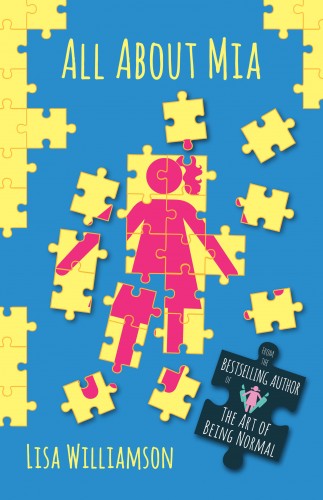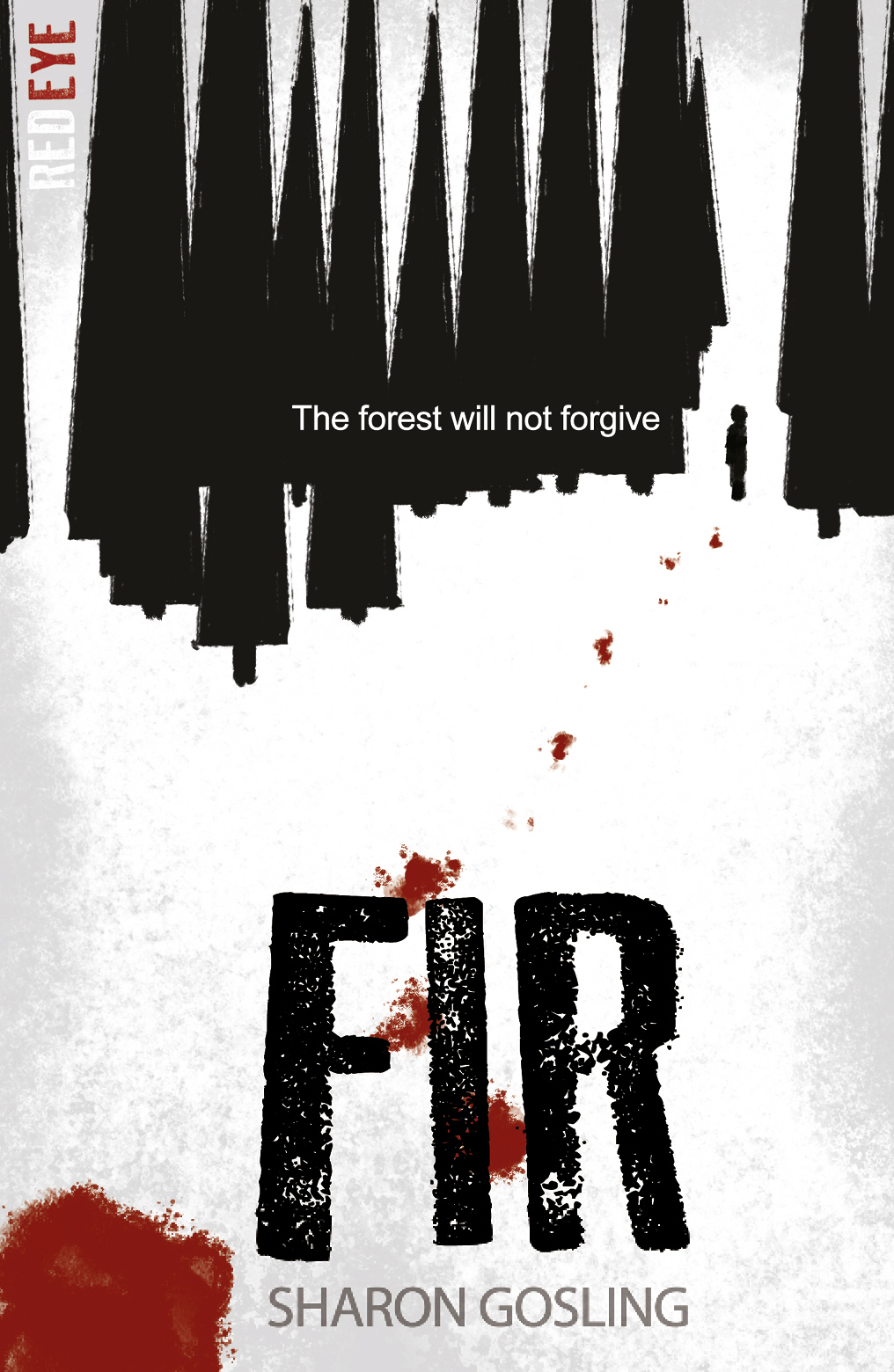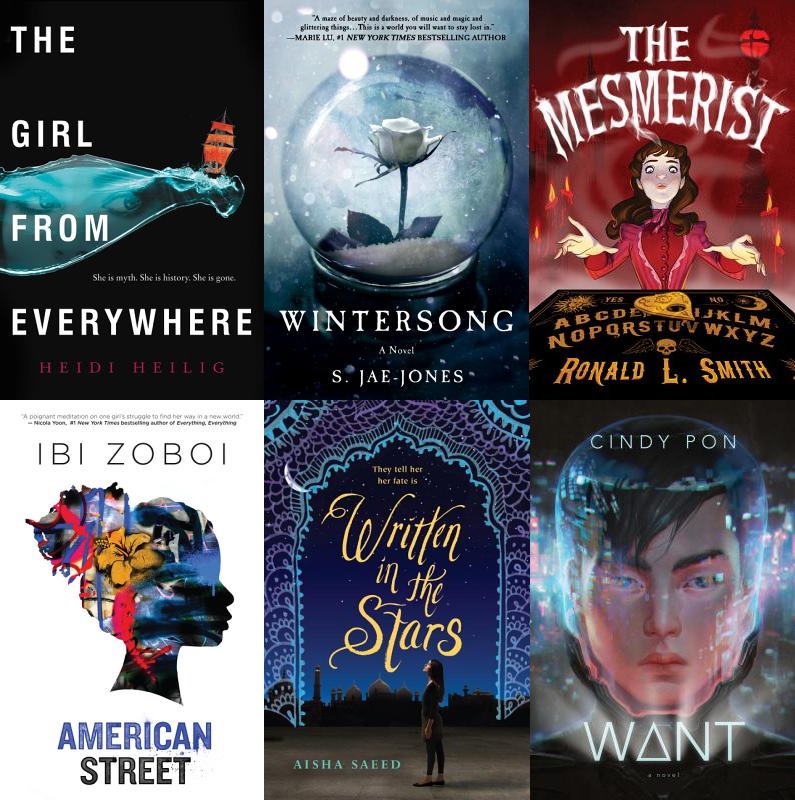This month’s Author Takeover comes from bestselling author Marcus Segwick. His first novel, Floodland, won the Branford Boase Award for the Best Debut Children’s Novel of 2000. Since then his books have been shortlisted for the Guardian Children’s Fiction Prize, the Blue Peter Book Award, the YA Book Prize, the Costa Book Award, the Carnegie Medal, and the Edgar Allan Poe Award. His novel Midwinterblood won the 2014 Michael L. Printz Award and serves as the inspiration for today’s post. When novels are crafted so carefully by their authors, then translated for their numerous fans around the world, can the experience of the text be as magical as originally intended? As fans of Potter we have come across many examples of JK.. Rowling’s subtle choices being lost when rewritten for another language (never write an anagram if you want it to be translated), but as Marcus writes, the magic may be in the reader’s interpretation rather than the author’s pen.
Find his website at www.marcussedgwick.com, and follow him on Twitter @marcussedgwick.
Lost in Translation
I’m writing this blog post from Le Mans, France, because a book I wrote a few years ago – Midwinterblood – is on a shortlist for their Prix des Lecteurs. As part of the award, those authors who are able are brought over to do some events. I visited three schools and also did a session in the main library in town, open to the public. It was while in preparation for this latter event that I thought I would try to read a bit of my own book in French, where it’s called Sacrifice à la lune[, or] Sacrifice to the Moon.
This is not something I usually do, largely because I don’t speak or read French anywhere near as well as I would like. The only other time I read one of my books in translation was the Swedish edition of Revolver: because I was learning Swedish at the time, because it’s mostly set in Sweden, because I thought that would be fun. As far as I could tell, it was a good translation, and as far as I could tell, so is the French edition of Midwinterblood. Except something is missing.
The chapter I chose to read is a short one from the “Viking” section of the book – I chose that part because I tried to do something stylistically significant when I wrote it, namely [trying] to mimic Norse poetry styles. For the Vikings, verse was their story telling medium, and the most prominent device they employed was alliteration. The form is known as alliterative verse, and it spread to England after the Vikings invaded, lasting well into the era of Middle English poetry. I also mimicked a few times the device known to the Vikings as a “kenning” – these are punning ways of referring to an often-used noun, a way of making the poetry more, well, poetic. So the sea, for example, was known as the “swan’s riding,” and so on.
Sadly, all these little tricks I pulled in the English edition didn’t make it to the French translation – I don’t know if that was because it was too hard to do or because the translator didn’t pick up on it. And it’s a sad but inevitable fact that translators rarely, if ever, have the time/motivation to get in touch with the original author to find out about such things. In 15 years, during which I’ve published over 30 books, in over 20 countries, I have been contacted exactly three times by the translator.
I’m not complaining about this at all – it would be impossible to get involved in all the translations anyway, even if I [were] asked. And when your book is sold abroad, you have to accept that it will change and that the words will not be yours anymore. Not exactly. And I don’t mind that idea[;] I actually think it’s ok[ay]. Why? Well, to be honest, I don’t even believe that what I write in English will be understood by another English speaker in exactly the way I meant it. Everyone is different; every one grows up and learns the language with a precisely unique slant on what each word means. I believe that even a very simple word, like “home” or “friend” or “green” will have subtly different inflections for each user of the language, connected to who they were when they learned the word and what their initial understanding of the word was. Of course, we all know what we mean by “mother,” but is my understanding of it exactly the same as yours? I doubt it. And by the time you multiply each word by every other word with which it shares a sentence, I think we’re all only guessing at what anyone else means.
And that is one of the reasons I like being a writer. Speaking of mothers, mine has always said that she liked [m]ath and didn’t like English because in [m]ath there are right answers, and in English there aren’t. For me, it’s the other way [a]round in that I like that we don’t know the “right answers” when writing – if it could be reduced to a science, we would have done exactly that [(]i.e., reduced it, [l]imited it, and removed half its wonder and half its power[)]. So although it can be frustrating at times, I like being [l]ost in [t]ranslation. It’s what we’re all coping with, all the time.
– Marcus Segwick
@marcussedgwick
Segwick’s latest novel, The Ghosts of Heaven, is out now.



